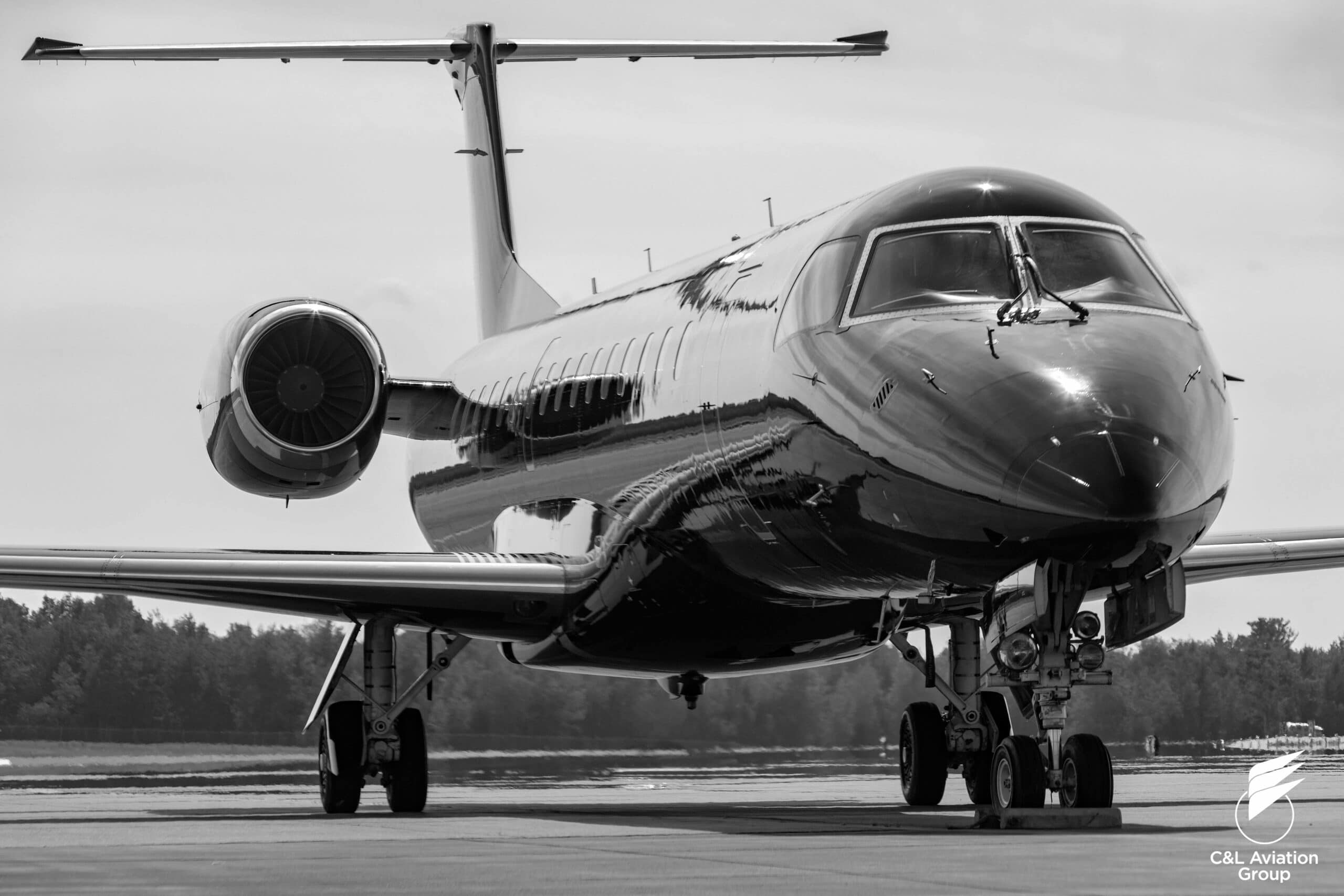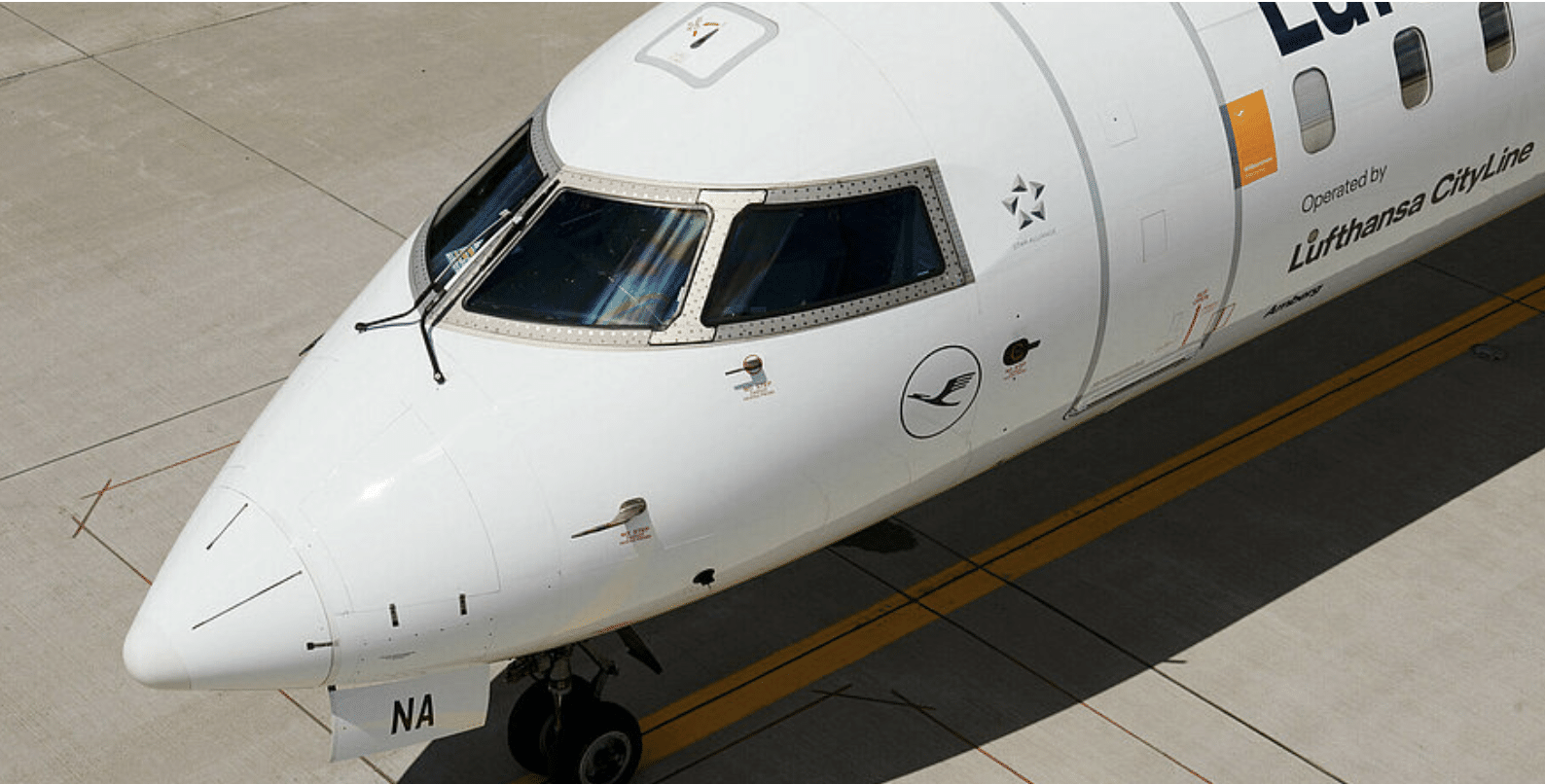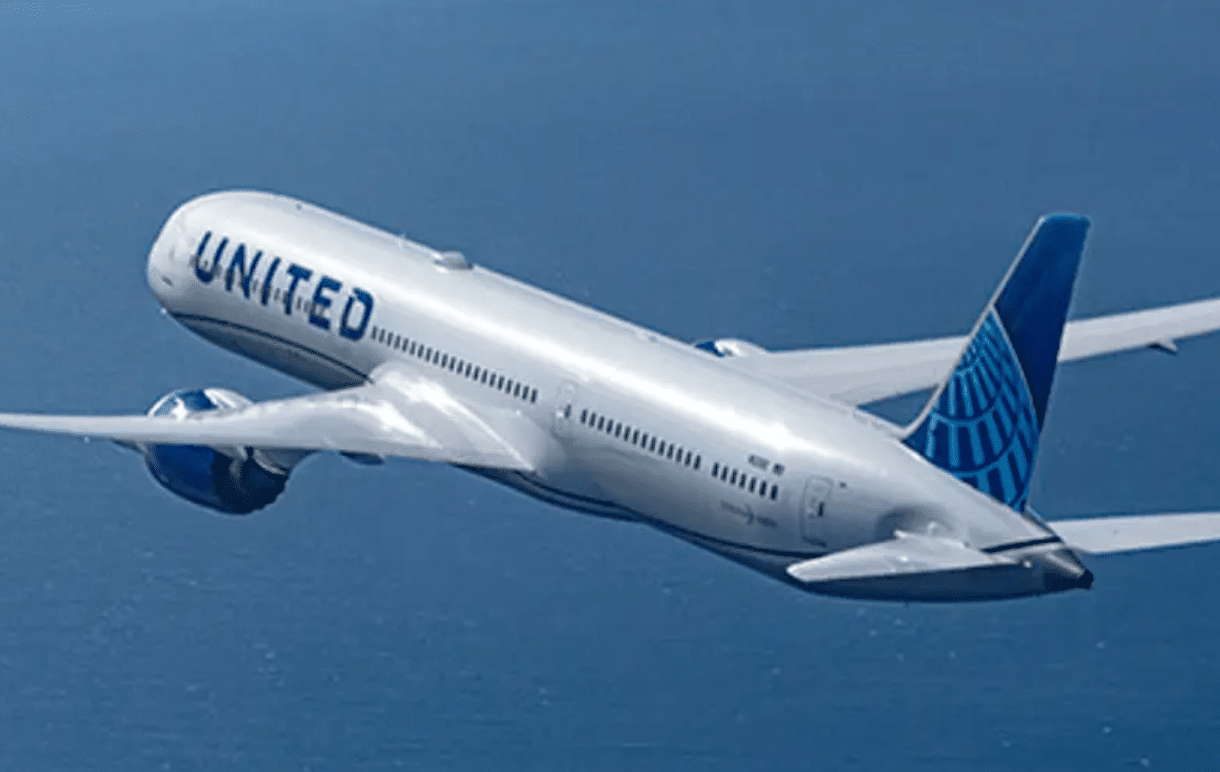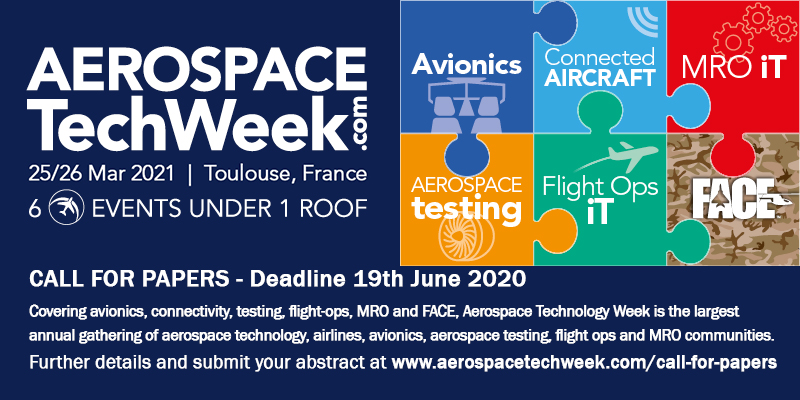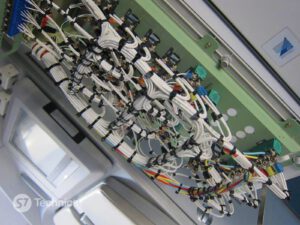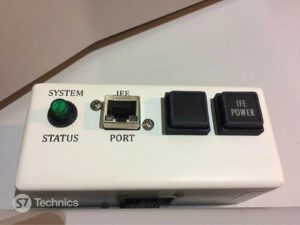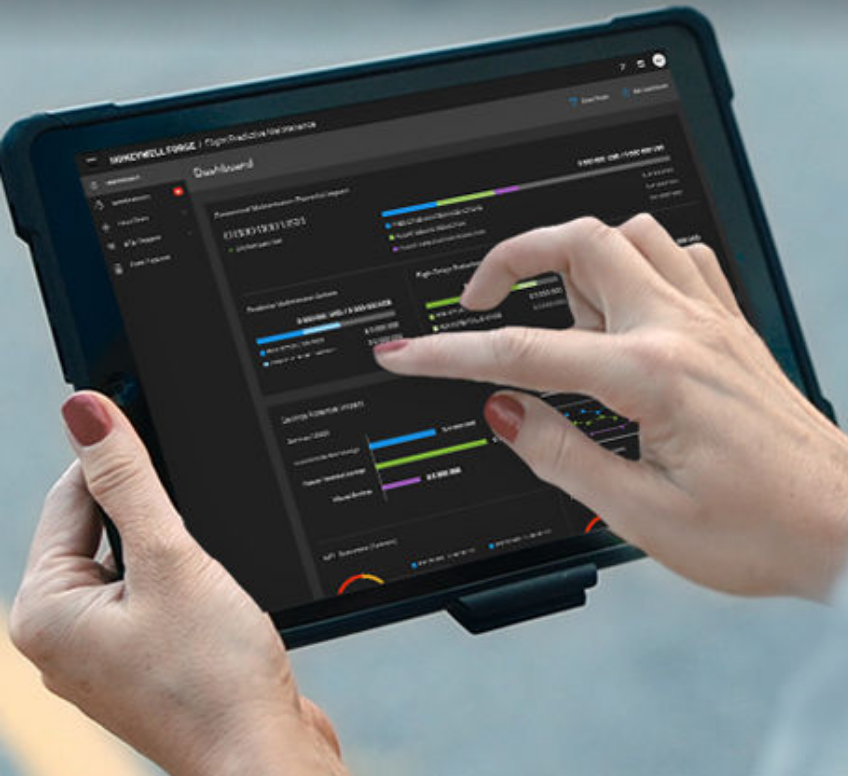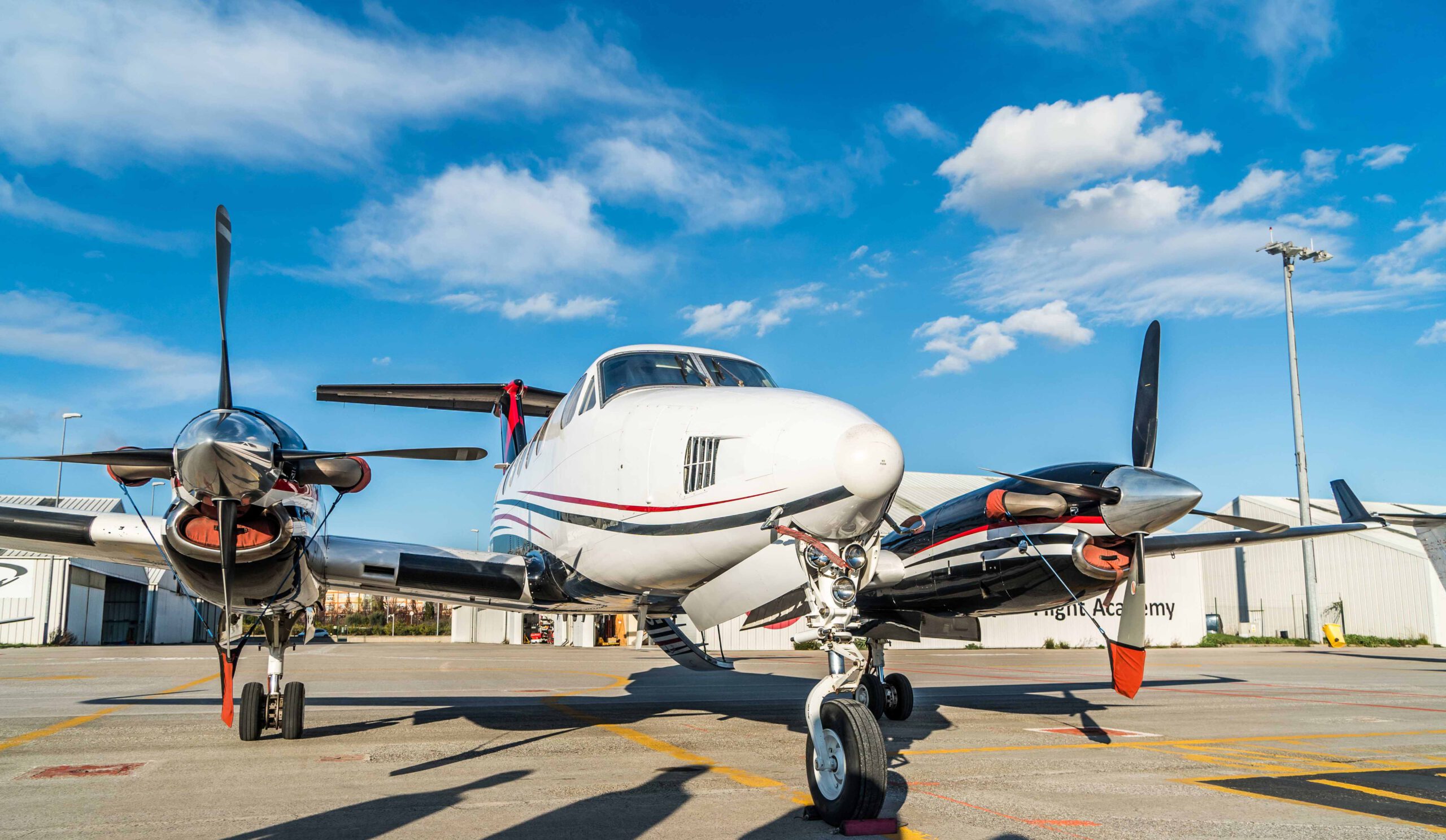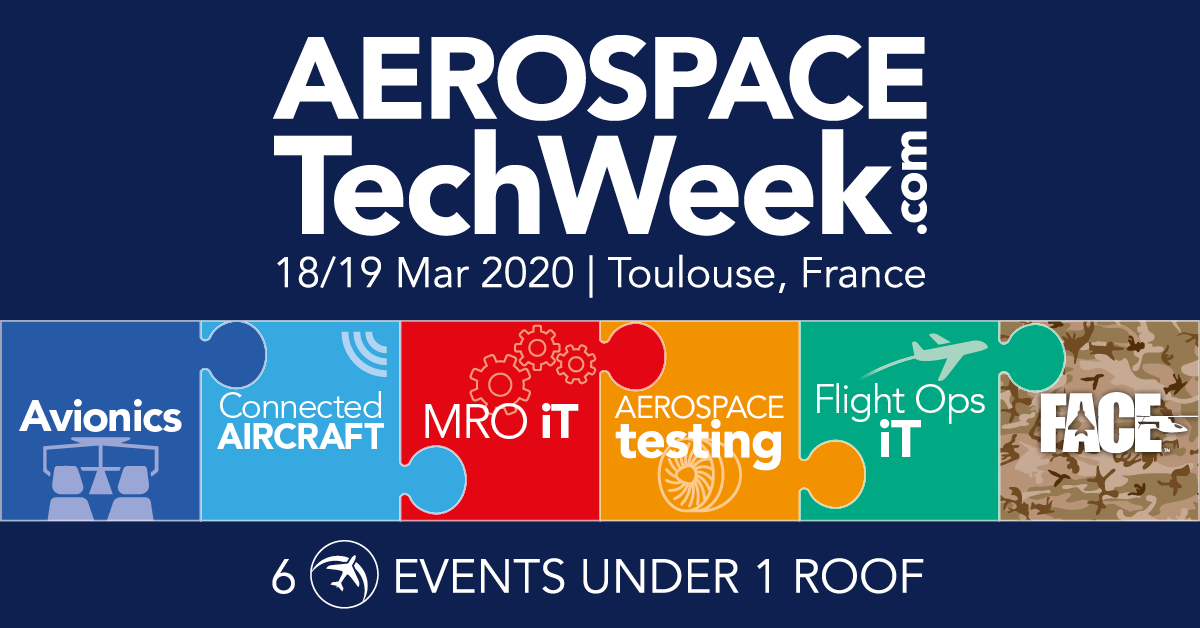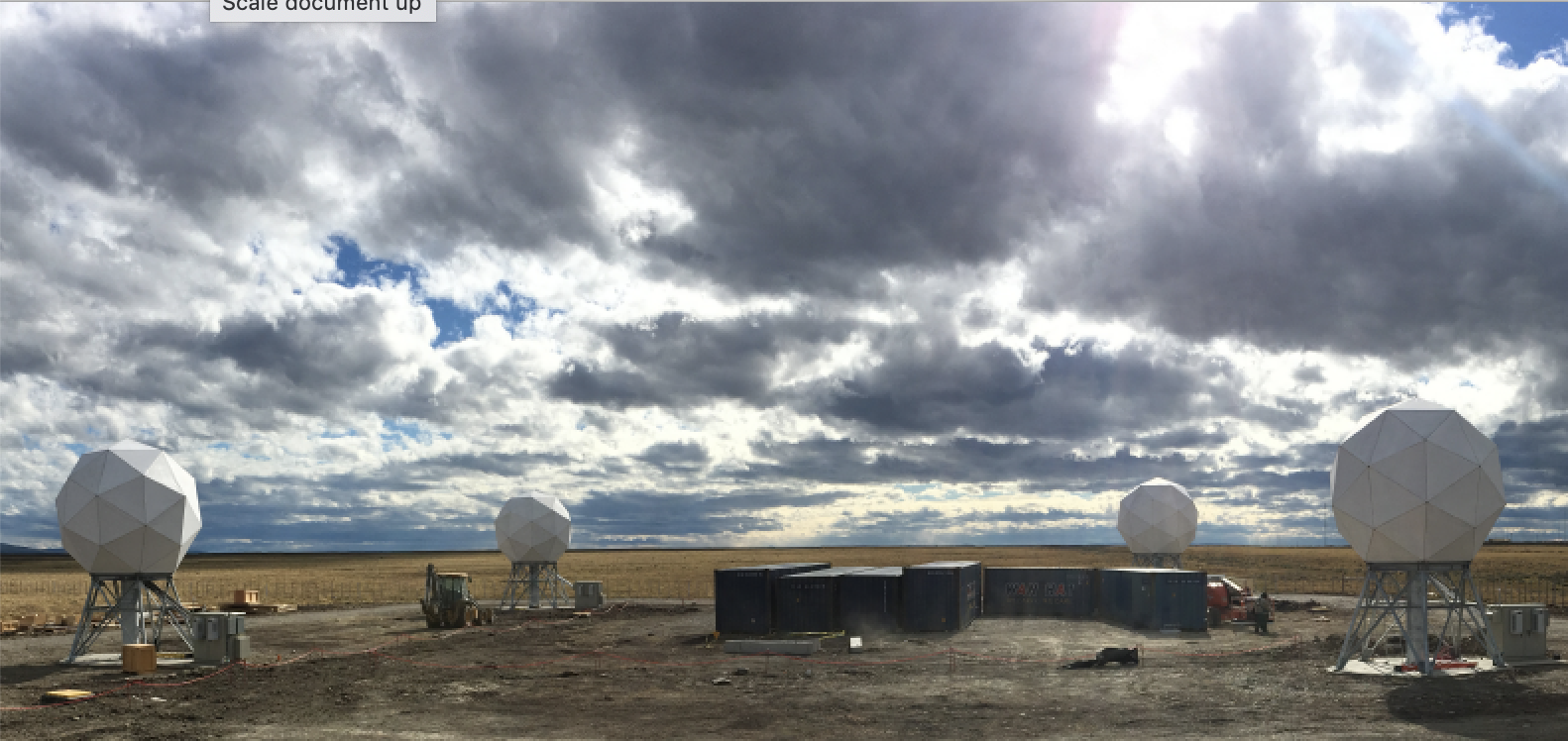Here are five powerful principles that will help you make the right decisions in your aviation maintenance business and in your personal life too. They’re a framework, not a formula, for leading with ethical intelligence.
I’ll show how several aviation companies and the Mechanic’s Creed acknowledge the importance of these principles. I’ll also include questions to reflect upon so that you can enhance the good work you’re already doing.
Principle #1: Do No Harm
The most fundamental principle of ethical leadership is Do No Harm. What group of people immediately comes to mind when you see the phrase, “Do No Harm”? Probably healthcare workers. After all, physicians, nurses, pharmacists, dentists and clinical social workers are taught in school, “First, do no harm.”
But this principle applies to the aviation maintenance industry too. The best thing about Do No Harm is that all it takes to apply it is — nothing! It is a principle of restraint.
The least we can expect from one another is that we don’t make matters worse. Leading aviation companies refer to this explicitly in their codes of conduct.
For example, in its document “The Way We Fly,” Delta Airlines states: “We believe no level of harm is acceptable to anyone as a cost of doing business. Take time to understand the safety policies and procedures for your job.”
For reflection: What is one simple thing you can do today to avoid causing harm to the people you serve, the people who work with you and yourself?
A Crucial Corollary: Prevent Harm
Do No Harm is a principle of restraint, but sometimes it is necessary to do something so that harm doesn’t occur. A crucial corollary of Do No Harm, then, is Prevent Harm. You apply this principle in your business by double- or triple-checking your work to ensure that others won’t be unintentionally harmed by your products or services.
In its Standards of Business Conduct, American Airlines notes the central role that Prevent Harm plays in the aviation maintenance industry: “It may seem easier to keep silent or look the other way, but taking no action can result in serious consequences. Remember, we cannot honor our company’s bedrock commitment to integrity if we ignore concerns about suspected illegal or unethical actions.”
Doing nothing is easier than doing something, but aviation maintenance is one industry that cannot abide by anyone at any level of any organization failing to prevent harm to others.
For reflection: What can you do this week to prevent harm to your team members, clients or future passengers?
Principle #2: Make Things Better
It’s not enough to Do No Harm or Prevent Harm. Ethical leaders are also committed to the principle Make Things Better.
The core of your company’s mission is to enrich the lives of others. That enrichment can be partly a financial one, but that is not and cannot be your company’s primary focus. The goal is to make flying a safe and effective means of transportation for the public and for private clients.
The good news is that making money and serving others are not mutually exclusive. The surest way to increase revenue for stakeholders is to focus like a laser on your mission of service.
For reflection: What is one more thing you could do to serve others to a greater degree than you’re already doing?
Principle #3: Respect Others
From an ethical perspective, we show respect for people by keeping our promises, telling the truth, and protecting confidentiality.
Let’s look at each in turn.
Keep Your Promises. We think of contracts between companies and employees as legal documents. They are. Above all, however, they are promises. Employees promise to do what their job descriptions or statements of work require of them. In return, employers promise to pay their employees and perhaps offer benefits like health insurance and sick leave.
For reflection: What can you do to ensure that you are keeping your promises to the people you serve—and who serve your business?
Tell the Truth. Jerome Lederer’s Mechanic’s Creed speaks of the importance of truth telling: “I pledge myself never to undertake work or approve work which I feel to be beyond the limits of my knowledge…” Otherwise, you would be presenting yourself as someone you are not. You would be deceiving the people you are sworn to serve. In so doing, you would be disrespecting them.
For reflection: What can you do to ensure that both you and everyone who works for you will refrain from misrepresentation? Even if you lose business in the short run, how might your company benefit in the long run by doing so?
Protect Confidentiality. AAR’s code of conduct, “Doing it Right,” emphasizes the importance of keeping confidential information confidential. “Doing It Right in the workplace. ..means protecting personal data we may have access to about our fellow employees.”
It’s amazing how frequently one hears confidential information discussed in public. I was once in a hospital elevator and overheard two physicians discussing the surgery they had just performed. They mentioned the patient’s full name and what the procedure was.
I wasn’t eavesdropping. It’s hard not to overhear conversations in an elevator. I knew the physicians in question. They were good people. In discussing confidential information publicly, however, they did not evince the greatest respect for their patient.
For reflection: What is one simple thing you can do to protect your business and your clients from having sensitive information divulged?
Principle #4: Be Fair
The fourth principle of ethical intelligence, Be Fair, requires us to give to others their due. One necessary way that aviation maintenance professionals do this is by ensuring their workforce is a diverse one.
For example, as a subsidiary of the Lufthansa Group, Lufthansa Technik abides by the following commitment: [D]iversity and equal opportunities are important and necessary. It makes the company more open-minded and creative — essential qualities for remaining innovative and flexible. This also leads to a more varied understanding of customer needs and contributes to the customer-oriented development of products and services. At the same time, the Lufthansa Group’s diversity approach underscores the appreciation of, and equal opportunities for, all employees.
For reflection: What is your company doing to promote diversity and other aspects of fairness? How might the business benefit by making this a priority?
Principle #5: Care
At the beginning of a flight, the flight attendant tells us, “In the event of the loss of cabin pressure, oxygen masks will drop down. Put the mask on yourself before attempting to help others.” Why? Because if you’re not in good shape, you’re in no position to help anyone else.
Leaders in the aviation maintenance industry care about the people who work for them and the clients they serve. They also care about themselves. They strive to eat healthfully, exercise, and get enough sleep. It’s not always easy to do this, but that’s part of what ethical leadership is about.
For reflection: Are you caring for yourself as well as you care for others? What is one thing you could do to treat yourself in a more caring fashion?
Summary
As a leader in the aviation maintenance industry, it is smart to base your decisions on the following principles:
1. Do No Harm (and its corollary, Prevent Harm)
2. Make Things Better
3. Respect Others, which you do when you:
– Keep Promises
– Tell the Truth
– Maintain Confidentiality
4 Be Fair
5. Care
It is difficult to live by these principles every day, which is why you are to be commended for having read this far. It means you take this matter seriously and are willing to take a few moments from your day to commit to being at your best. Thank you.
Acknowledgment
I adapted these principles from Tom L. Beauchamp and James F. Childress’s masterwork, Principles of Biomedical Ethics (Oxford University Press). I simplified the language (e.g., their Principle of Nonmaleficence becomes Do No Harm here). I also broadened the scope of the principles to include the aviation maintenance industry. You’ve also learned them from your parents, teachers, mentors, and spiritual leaders. In no way do I claim I came up with these principles. Consider this article a brief refresher course. I hope it has been useful.
About the Author
Dr. Bruce Weinstein helps companies ensure ethical conduct at every level of their organizations. Continuing education credits in ethics are available. To invite him to speak to your staff or at your next conference or to create a customized ethics video they can watch when they want, contact him at TheEthicsGuy.com or at (424) 394-0804.

